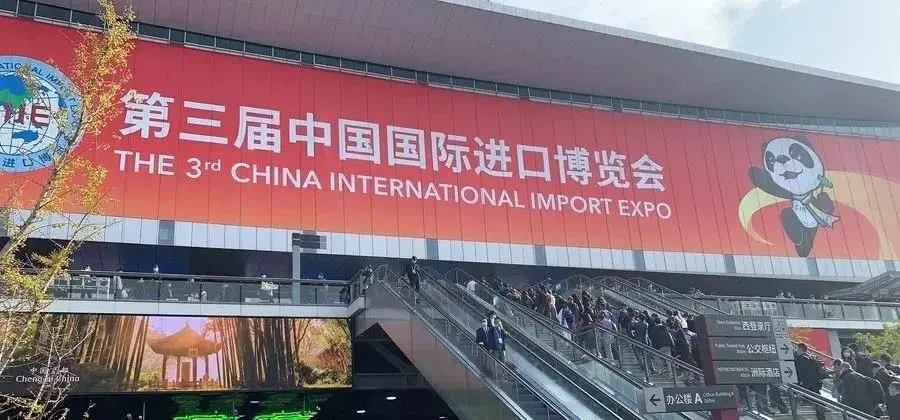Where do the defective tires from the factory go?
Defective tires are a headache for every tire company, including small and medium-sized enterprises and international top brands. Defective tires may be produced in every link of the tire production process, such as problems with the ratio of tire components, defects in tire tread patterns and carcass markings, and even deformed tires due to improper operation or machine failure.
Some of these defective tires cannot be used at all, while some are just marked problems and do not affect their use. So how to deal with these defective tires becomes a problem, should they be destroyed on the spot or sold at a low price?

Market of worn tires
The manufacturers of worn tires do not support the three guarantees, and even severely crack down on and boycott them, but they are still sold in the market. Why is this? Everyone knows that this tire is cheap but the after-sales service is not guaranteed. Sellers and buyers are often willing to fight and suffer.
Hidden dangers of worn tires
Due to the wide variety of worn tires, there are always some unscrupulous merchants who will mix in the sale of refurbished tires and second-hand tires, circulate them to the market through abnormal agency channels, and sell them at low prices. Therefore, the water of worn tires is very deep, and most people are deceived. Of course, there are also many cases of tire explosions and casualties caused by worn tires.
Article 6.1 Item g of the national load-carrying tire production standard clearly states: tires must have production numbers, and this item is a permanent item that must accompany the entire life cycle of the tire. Tires without tire numbers are equivalent to counterfeit and shoddy products.
Chapter 5 of the Market Supervision Administration states: Production and sales of products that do not meet national standards and industry standards shall be ordered to stop production and sales, and the products illegally produced and sold shall be confiscated, and a fine of more than three times the value of the goods shall be imposed, and the illegal gains shall be confiscated. Those with serious circumstances will be held legally responsible.
The truth of a tire retail store owner: "The more familiar I am, the more I recommend expensive tires. Why? Because the expensive ones are indeed of good quality and safe and guaranteed. This is also for his good!"
But who are the cheap tires sold to? He said: Sold to people who care about the price. "No way, now the tire price is becoming more and more transparent. After all, you can't make much money from a tire. After bargaining and bargaining, I can only introduce a cheaper one. These brand tires are certainly not inferior, but they are indeed inferior in quality and evaluation. Comfort and other aspects are also a grade lower.
This is the fact! Many customers want the cheapest but don't know that they can only get cheap tires after losing their rationality. Expensive tires always have expensive reasons. It may not be expensive on the surface, but expensive in the selection of raw materials, pattern design and details. It may not be expensive in style, but expensive in strict design and quality. It may not be expensive in size, but expensive in after-sales service and guarantee.
There is no reason for expensiveness or cheapness. If you buy a cheap tire with a high so-called "cost-effective" price, don't be too happy. It is very likely that it is not the quality you really want.
There is no wrong sale, only wrong purchase. Please believe a hard truth--------you get what you pay for! Here, I hope that all people in the industry can abide by the rules of the industry, so that the tire industry can develop healthily.









